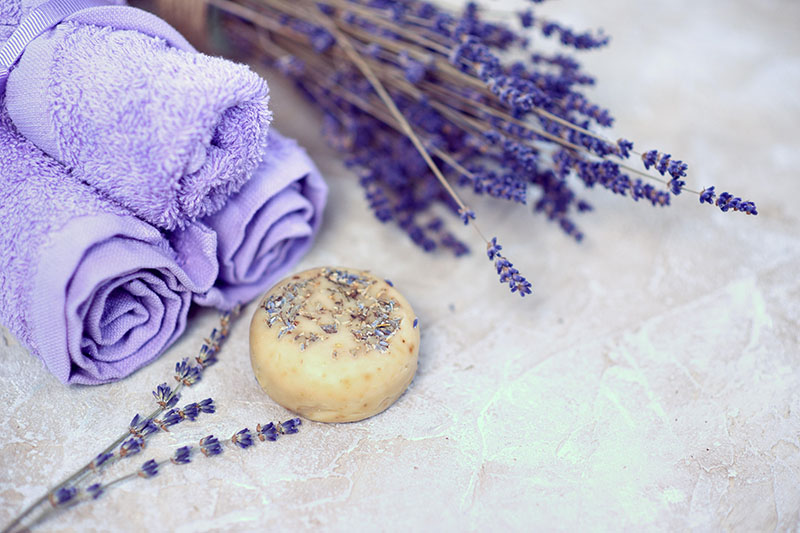By Prudence Wade
With new buzzy ingredients making the rounds every few months, having a full hair, skin and body routine can often feel like it has a huge environmental impact.
Perhaps that’s why there’s a growing appetite for waterless beauty: a new trend all about products saving on one of our most precious commodities.
“Waterless beauty basically means products without water in them,” explains Dr Lauren Hamilton, cosmetic doctor and founder of Victor & Garth. This sometimes “stretches to include zero water use throughout the production process, too”.
Just think of the huge interest in shampoo bars – not only do they reduce environmentally damaging plastic packaging, but as they’re in solid form, they don’t use water. Other anhydrous (waterless) forms include sticks, balms and powders.
“Only three per cent of Earth’s water is fresh and suitable for everyday living, including making beauty products,” says Hamilton – and beauty consumes an awful lot, so “water savings in this industry will make a big difference”.
It’s clear we’re heading towards a water crisis – and some areas of the world are already there. According to 2019 research by UNICEF and the World Health Organization, one in three people globally don’t have access to safe drinking water.
The climate crisis is making things worse, too. A 2020 report from the UN said: “Climate change will affect the availability, quality and quantity of water for basic human needs, threatening the effective enjoyment of the human rights to water and sanitation for potentially billions of people.”
It’s clear we should be careful with how we use water – and that extends to our bathroom cabinets. Just take a look at any of your moisturisers, face washes or liquid shampoos, and you’ll see ‘aqua’ is the number one ingredient.
But it’s not like water is actually transforming your beauty or haircare routine – “water is used as a transporter of other active ingredients, or for product consistency”, explains Hamilton – and it can even bring its own issues. “Water easily breeds bacteria, requiring preservatives, some of which are known carcinogens, and may cause skin irritation.”
Can beauty products be waterless? In a word: “Yes,” says Hamilton. “There are other options – botanicals, oils, or even other types of water.”
She suggests marine algae as a possible replacement: “It is super hydrating for the skin and miraculously requires no water in its growth or production.”
And then there’s the potential to use other types of water, “made as a by-product when producing something else”. Hamilton says: “Fruit water extracted directly from the whole fruit can be awfully nourishing to the skin. Or flower water, also called hydrosols, is produced in the process of distilling essential oils and will most certainly offer a more dilute profile of effects” – a good thing, as essential oils in their purest form can be harsh on the skin.
Benefits for skin include better results, healthier products, and better hydration, says Hamilton. She also suggests these products contain “more active ingredients”, so can be “absorbed better, due to the lipid content of the skin”.
Hamilton also suggests some oils “will seal and lock in moisture, where water can actually be drying to the skin”.
If the personal benefits didn’t convince you, think about how it could make your beauty routine more eco-friendly. Not only does it save on water, Hamilton continues: “Waterless products are smaller and lighter, and have a longer shelf life. This facilitates transport, lowers carbon emissions, and reduces packaging, preservatives and waste.”
Hamilton admits switching your routine can be expensive (“new products using new methods means money”) and if it is something you’re going to do, she says: “Slow changes can allow your skin time to acclimatise, whilst you monitor the fruits of your labour.”
If you do opt for an oil over a water-based product, make sure it’s non-comedogenic (none acne-causing) – “or else you might end up with blocked pores and an outbreak”.







Click here to change your cookie preferences